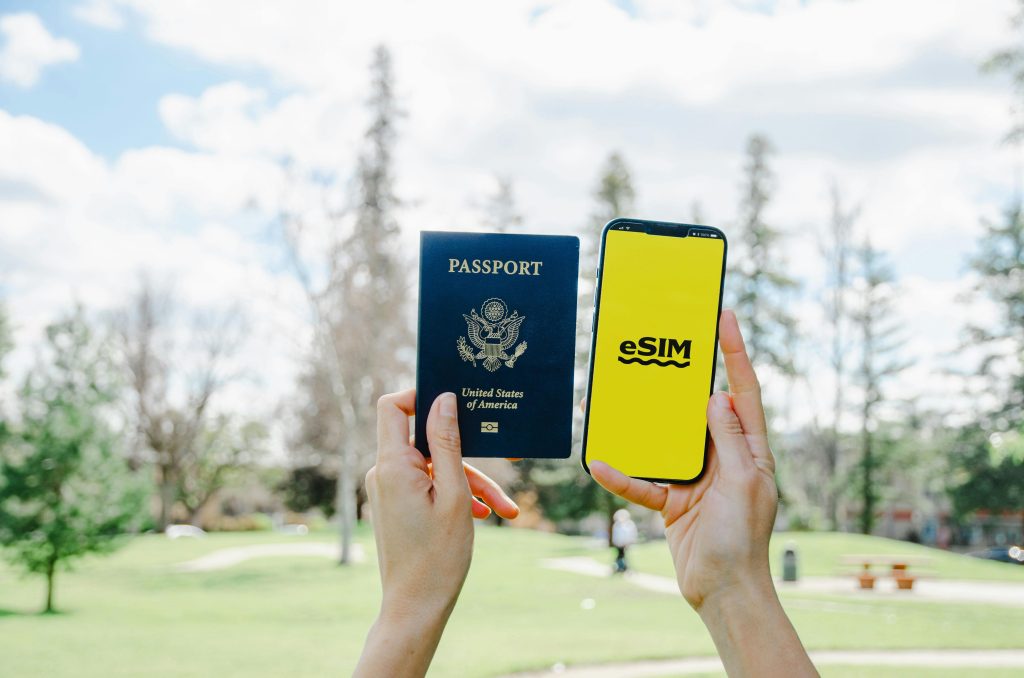


As the fashion industry grapples with the urgent need to become more sustainable and transparent, a major policy shift is taking shape at the European level: the introduction of the Digital Product Passport (DPP). Recently confirmed by the European Commission as part of the Ecodesign for Sustainable Products Regulation (ESPR), this groundbreaking initiative aims to make information on a product’s environmental impact easily accessible throughout its lifecycle.
But what exactly is the Digital Product Passport — and what does it mean for the future of fashion?
The DPP is a digital record that travels with a product, containing key data such as:
The aim is to make fashion items traceable, accountable, and easier to evaluate for sustainability. Consumers, manufacturers, and regulators will be able to scan a QR code and access this information in real time.
The regulation will first roll out in priority sectors, including textiles, batteries, and electronics — with textiles expected to be among the first to implement the system between 2026 and 2027.
At FAIR FASHION, we’ve always believed that transparency is key to creating a more ethical and sustainable industry. The Digital Product Passport is a concrete step in that direction, and it’s one we’re already preparing our learners and educators to understand and apply.
In fact, the concept of product traceability and digital innovation is embedded in our Toolkit & Case Studies Collection. Through hands-on projects, bootcamps, and mentoring, students are encouraged to consider full product lifecycles, ethical sourcing, and the role of digital tools in future fashion systems.
As future designers, entrepreneurs, and educators, our community will be among those responsible for bringing the DPP to life — not just in compliance, but in creativity and values-based leadership.
The DPP signals a shift away from linear, opaque supply chains and toward a circular economy where materials are valued, workers are protected, and information is shared.
It’s a challenge, yes — but also an incredible opportunity for innovation. From blockchain-based sourcing platforms to smart textiles embedded with metadata, the possibilities for integration are vast. The brands and educators who embrace this shift now will be the ones shaping the next chapter of sustainable fashion.
As the implementation of the Digital Product Passport moves forward, FAIR FASHION will continue to provide resources, teaching tools, and real-world case studies to keep our network informed and inspired.
📌 Learn more in our Toolkit: https://fairfashionproject.eu/resources/toolkit-case-studies-collection/
📷 Follow us on Instagram: @fairfashioneu
💼 Connect with us on LinkedIn: FAIR FASHION Project
Let us know your thoughts: How do you see the Digital Product Passport changing fashion education or your work? Reach out — we’d love to hear from you!
Written by Kathryn O'Brien (EUEI)